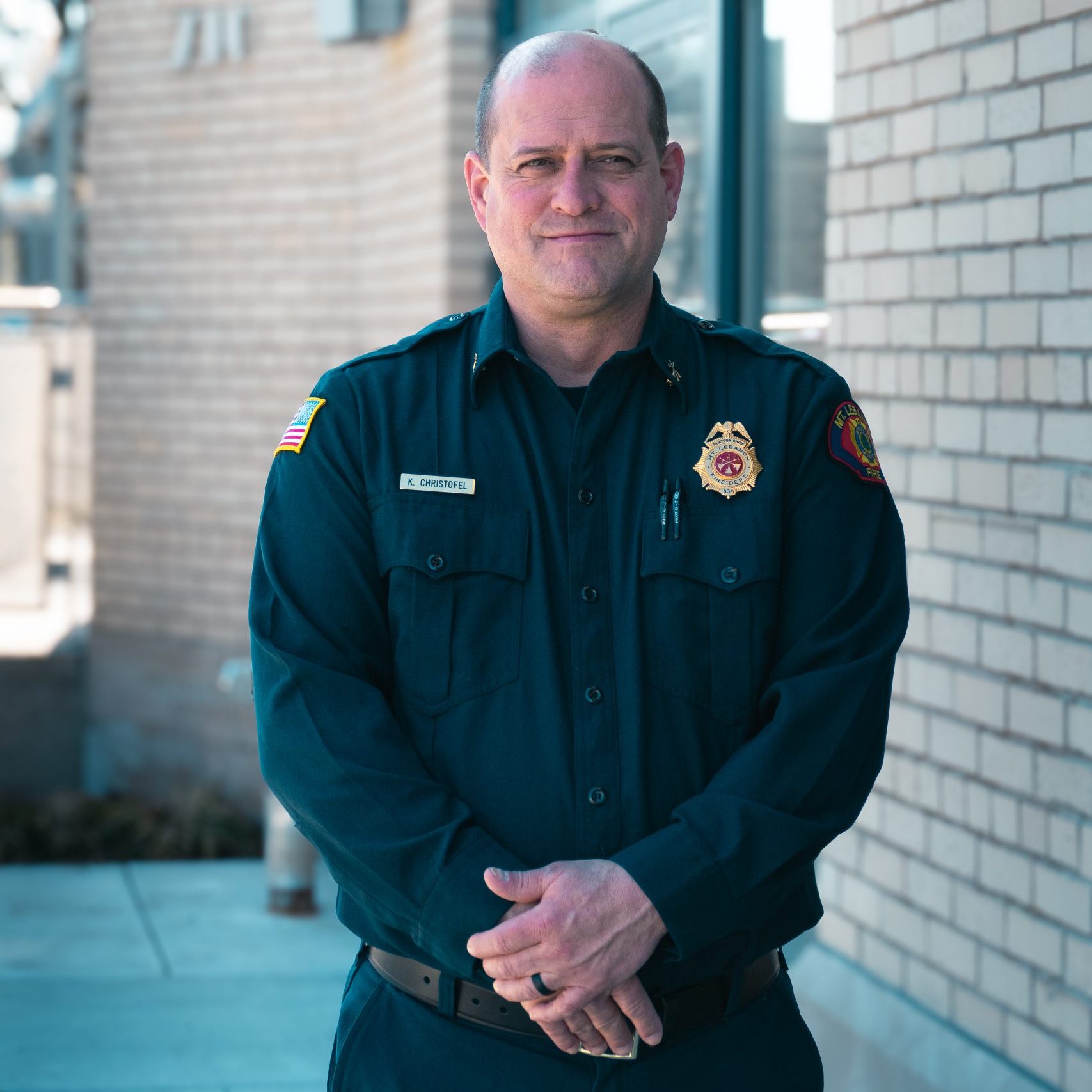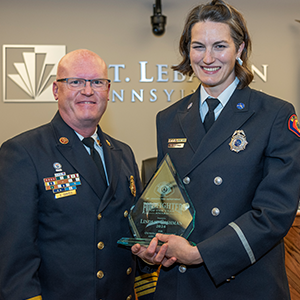Recruiting, Hiring Police

As more members of the Mt. Lebanon Police Department reach retirement age and their positions open, police management has stepped up its recruiting efforts to find top-quality candidates. But the hiring process is long and complicated, with lots of steps to ensure the new officers have the highest level of physical, mental and ethical suitability.
Here’s an overview of the hiring process for new officers:
When positions open, some officers already on the force are eligible for promotion to higher-ranking slots. Once the promotion process is completed, the department gets the word out about the entry-level jobs, using as many methods as possible. Publicity through conventional media, social media, internal and external websites are the first lines. Since our officers are required to have a four-year degree in criminal justice or a related field, the department reaches out to regional colleges with those programs, as well as area police academies, job fairs and the military. They seek diverse candidates at minority job fairs, and they recruit women by reaching out to colleges with robust female athletic programs. “We try to spread the news as far as we possibly can,” says Police Chief Aaron Lauth.
When an entry-level test is announced, the first thing candidates need to do is apply for the job using the standard Mt. Lebanon application available online at www.mtlebanon.org. In addition to having a bachelor’s degree (upon appointment), candidates must be 21 or older, have a valid driver’s license, pass an exhaustive background check and live within 20 air miles of the Mt. Lebanon Public Safety Center (upon appointment.) To help defray the cost of testing, Mt. Lebanon charges applicants a $50 fee.
Candidates must take physical and written screening tests, which are standardized, using data from Pennsylvania’s Municipal Police Officers’ Education & Training Commission. All applicants receive a packet with information about what they can expect on the test.
On test day, candidates complete the physical first, which consists of sit-ups, bench press and running, which are ranked on a graduated scale based on age and gender. Those who pass it have a short break and then go on to the written test, produced by Stanard and Associates. Although the questions are about police topics, no police experience is required; instead the test evaluates skills such as reading comprehension, intelligence, grammar and writing. An 80 percent score is considered passing. The test has local proctors, but the answers are sent to Stanard for scoring. All questions are developed in accordance with the Americans With Disabilities Act and the Equal Employment Opportunity Commission to avoid any chance of test bias.
The top 25 scorers automatically receive an interview, otherwise known as the “oral exam,” where a panel of three (a top-ranking officer from our department, a police supervisor from another jurisdiction and a member of the community with hiring and management experience) talks with each of the candidates. Panelists tally their individual scores (80 percent is passing) and those scores are averaged with the scores of the other judges. That “oral exam” and written test are weighted equally; each is worth 50 percent of the overall score. Military veterans who do not have “other than an honorable discharge” get 10 bonus points.

The candidates are then ranked … and the real work begins. Potential hires get a detailed background check, which requires the candidate filling out a 26-page form listing everything down to ex-spouses, every email address and social media account and drug-use history. Police talk to neighbors and family members, verify education, check qualifications, criminal and civil court records and credit scores. Top candidates get a “chief’s interview” with top police administration, followed by a conditional offer. After that comes a medical screening, a drug test and a psychological exam.
Only after all the checks are completed do the top candidates get a full offer of employment, followed by six months of training at the Allegheny County Police Academy or, if they’ve already completed the academy, they start three to four months of field training. Rookies are on probation for one year.
Like many departments nationally, Mt. Lebanon is facing decreasing interest in police positions, for several reasons. For example, our department requires a four-year degree, but many people who have gone that far in college do not want to work nights, weekends and holidays at an especially dangerous job, Lauth says, when they could do something easier.
To wit: Mt. Lebanon usually gets about 120 applicants for each test. For the last test, we received 75 applications but only 56 showed up (perhaps deterred by the details in the informational packet). Of those, 31 passed the physical and 26 of those passed the written test. Twenty-five got interviews but only seven passed the oral exam. That’s not a long enough list, so the department will offer the test again to attract more people.
Despite the challenges, Lauth says we have not dropped our standards, because we require police who are representative of our population. Because most residents have college degrees, the police need them, too. Mt. Lebanon has not resorted to signing bonuses like other departments, because the municipality is trying to keep the process fiscally responsible. Lauth says he will continue to work on creative ways to attract the largest pool of qualified applicants, while updating standards that can be tweaked without sacrificing quality.
In the coming months, we will introduce you to five new officers who are currently in training with the department.
One last thing: Lauth is always looking for residents with hiring and management experience to sit on the three-member interview panel. If you are interested, reach out to him at alauth@mtlebanon.org.
This story was updated on June 8, 2020 to add bench press to the candidate test and remove push-ups.





